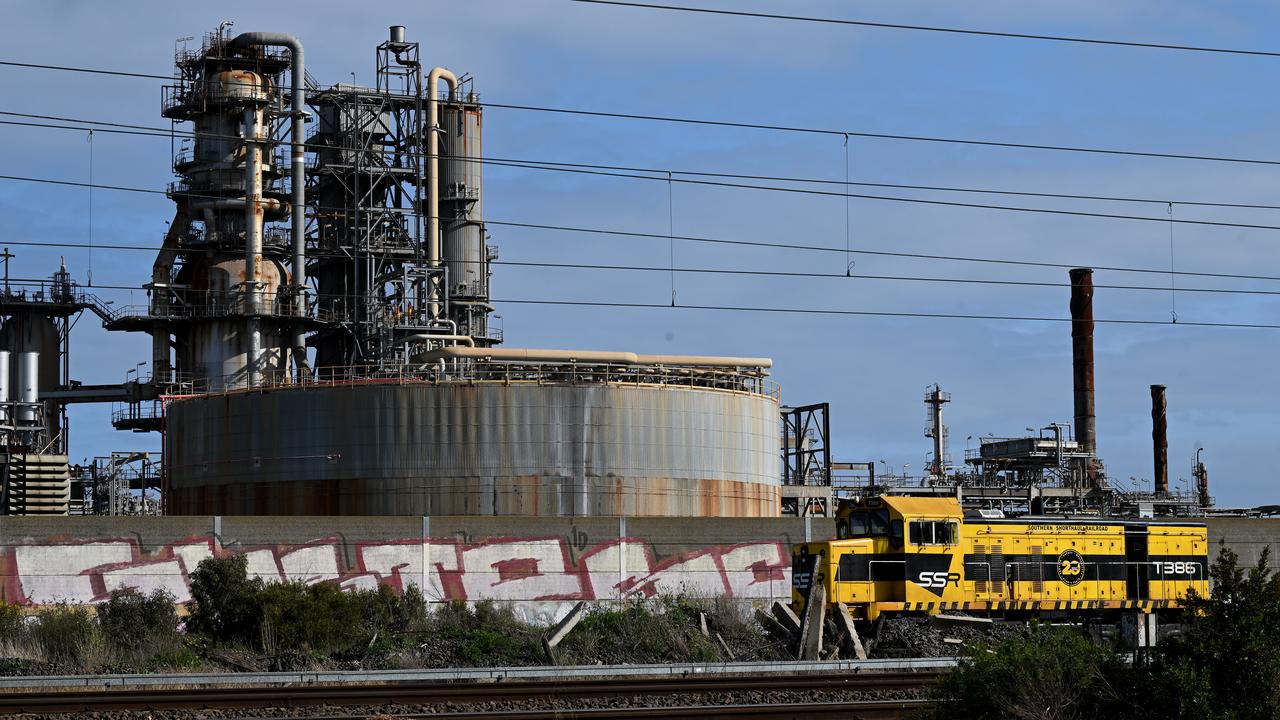
What's next for the climate fight? Shoulders to the wheel.
"We just have to move faster," says founder of the Climate Capital Forum, Blair Palese.
No matter the outcome of Saturday's federal vote, Ms Palese will be pushing hard for renewable industrial precincts, help for innovators and a government climate "tsar" to keep the agenda moving.
"It just feels as if there's nobody directing traffic like we need," the founder of the clean energy investment advocacy group told AAP.

While climate change hasn't dominated the campaign, the issue hasn't been entirely absent either, with the Greens and environmentally-conscious independents heard loudest in a space largely vacated by the major parties.
Most polls are showing Labor ahead of the coalition on a two-party preferred basis, although a minority government is still a possible outcome, which would leave the crossbench in a strong negotiating position.
Home batteries have featured in Labor's biggest election offering on climate, with a re-elected Albanese government promising $2.3 billion to slash the upfront cost of household storage by 30 per cent.
A battery and electrification package was also widely anticipated from the coalition, but it has yet to appear.
Parents for Climate chief executive officer Nic Seton urged the opposition to back "permanent cost-saving energy solutions".
"It's in families' interests that there's bipartisan support for common-sense solutions like rooftop solar and batteries that cut living costs, because we don't want support to chop and change with every election," Mr Seton said.
His biggest ask from the next government is that climate action be inclusive of transitioning to clean technologies and "dealing with unchecked pollution".
"Our kids don't get to vote, but a lot of their wellbeing, health, economic and prosperity factors are being decided at this election," Mr Seton told AAP.

Election scorecards from the Climate Council, the World Wildlife Fund and the Australian Conservation Council all acknowledged Labor's robust renewables agenda but marked the party down for not committing to phase out new fossil fuel projects.
The coalition scored poorly across various climate and environment criteria - with the conservation council awarding them one out of 100, below Labor's pass mark of 54 - while the Greens ranked highest across the board.
While recent polling is favouring a Labor win, Australia looks set to continue chasing net zero by 2050 no matter the result.
A Peter Dutton-led coalition would keep the long-term goal but get there by building nuclear power plants and leaning less heavily on solar and wind than Labor.
It's a plan the opposition claims will lower power bills while delivering reliable and clean energy, yet Climate Change Authority numbers suggest it will lead to an extra two billion tonnes of emissions by 2050.

A re-elected Labor government has also reaffirmed its bid for a major global climate conference alongside Pacific Island neighbours, while the opposition has opted out.
Wesley Morgan, a research associate with the University of NSW's Institute for Climate Risk and Response, said hosting the United Nations climate talks with the Pacific would support Australia's national security.
"If we are to be the security partner of choice for Pacific countries, they want us to address their key security threat, which is climate change," Dr Morgan told AAP.
Hosting the climate talks would allow Australia to direct global financial commitments to the region, he added, with South Australia - Labor's pick as host state -well-positioned for emerging clean export industries.
"There's at least a two-to-one return on investment from hosting one of these conferences; it's a world trade fair," he said.
Pushing forward with the COP31 bid and outlining 2035 emissions-reduction targets without delay were key asks from Ms Palese.
"That would send a signal, not just at home but internationally, that we are serious," she said.
Labor logged progress on its target of 82 per cent renewables by 2030 in its three-year term and introduced car emissions standards and green manufacturing incentives.
But Ms Palese said more could be done to seize the opportunities to come from future industries and innovation.
Top of her list of priorities is getting the largely unspent $15 billion sitting in the National Reconstruction Fund flowing to decarbonising companies and startups.
"We have great, innovative technology, ready to go off a cliff, because they can't get any of this money," she said.







